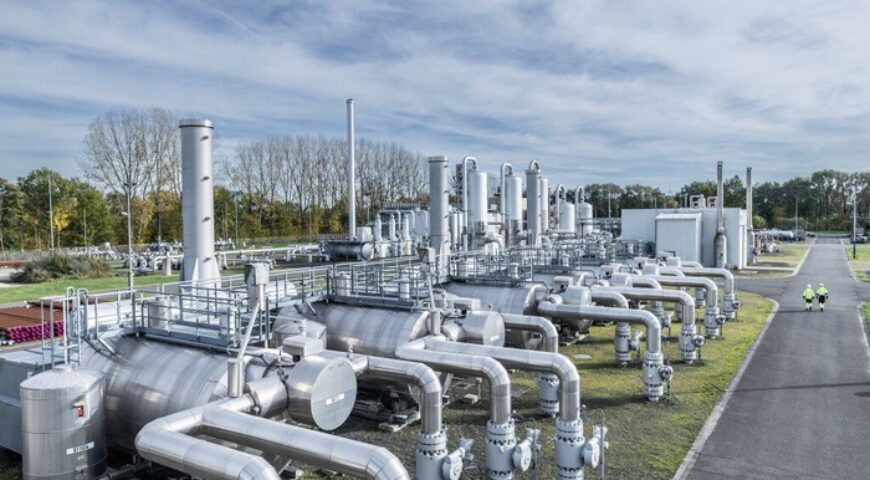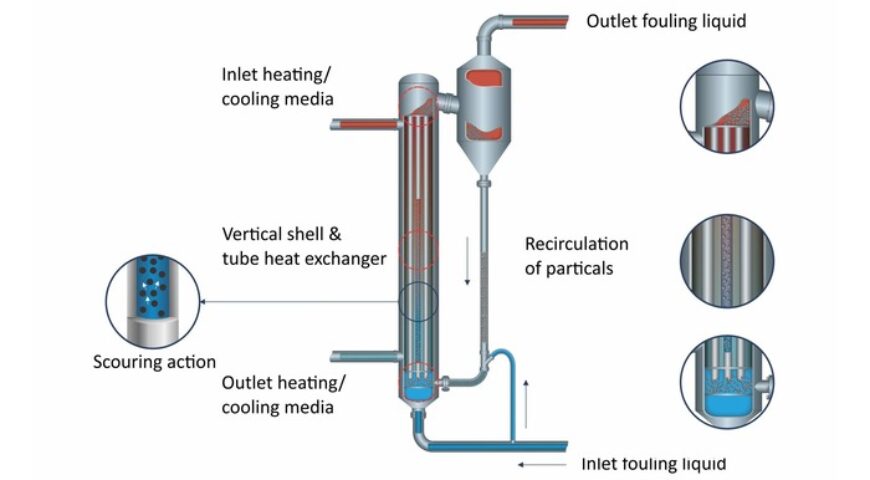Introduction Hydrogen Storage Tanks is a fundamental pillar of the hydrogen economy, enabling the efficient use of hydrogen as a clean and sustainable energy carrier. Hydrogen, the lightest and most abundant element in the universe, has a high energy content per unit mass but a very low energy density per unit volume, making storage a […]
- Home
- About Us
- Heat Exchangers
- Cooling Towers
- Fanless Cooling Tower
- Bottle Shape Cooling Tower
- Square Shape Cooling Towers
- FRP Multi Cell Cooling Towers
- Pultruded FRP Cooling Towers
- Single Crossflow Cooling Towers
- Double Crossflow Cooling Tower
- Dry Cooling Towers
- Wooden Cooling Tower
- Closed Circuit Cooling Tower
- Turbine Cooling Tower
- Forced Draft Cooling Towers
- Closed Circuit Hybrid Cooling Tower
- Contact us
91 6379 00 3383






